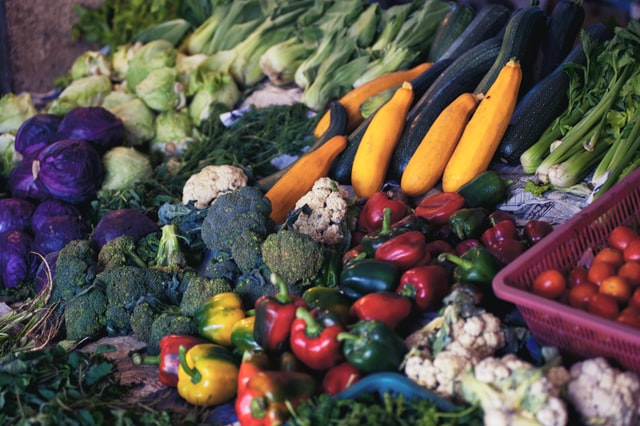With so much conversation about the Mediterranean, Keto, and Atkins diets, it’s interesting that so few nutrition experts talk about the Caribbean diet. Dishes native to Jamaica, Haiti, Barbados, Trinidad and Tobago and more are packed with flavor and low in unhealthy fats and refined grains. The Caribbean diet is rich in seafood, vegetables, fruits and plant-based proteins.
Fruits and vegetables
Both raw and cooked, the fruits and vegetables native to this region are packed with health benefits. Coconut, chayote, callaloo, yucca, papaya and plantains are just some of the many staples of a Caribbean diet that provide a broad range of nutrients. Stews that make up many popular Caribbean dishes contain these vegetables mixed with spices, which makes them hearty and filling without being heavy in calories.
Spices
One of the reasons the Caribbean diet is so beneficial is its reliance on spices rather than salt. Dishes are full of flavor that can be modified by preferences of the cook. Stock your spice rack with allspice/pimento, ginger, cinnamon, nutmeg, cloves, garlic, and paprika. These aromatic flavors will delight your palate.
Lean Protein
While pork and beef are used in many dishes, the Caribbean diet is more reliant on seafood and legumes as a protein source. Fish, crab, conch, lentils, black-eyed peas and various beans are found in many dishes throughout this region. Known as a “cook-up” dish, experienced Caribbean chefs combine a protein, vegetables, spices and rice with coconut milk to create a stew that contains all elements of the Caribbean diet.
As with any diet plan you begin to follow, be cognizant of the added sodium and red meats you consume, which can contribute to heart disease and high blood pressure.
Dr. Barbara Edwards, a Princeton M.D. internist practices at Penn Medicine Princeton Health in the Penn Medicine Princeton Medical Center and also serves as Medical Director of the Bristol-Myers Squibb Community Health Center.






